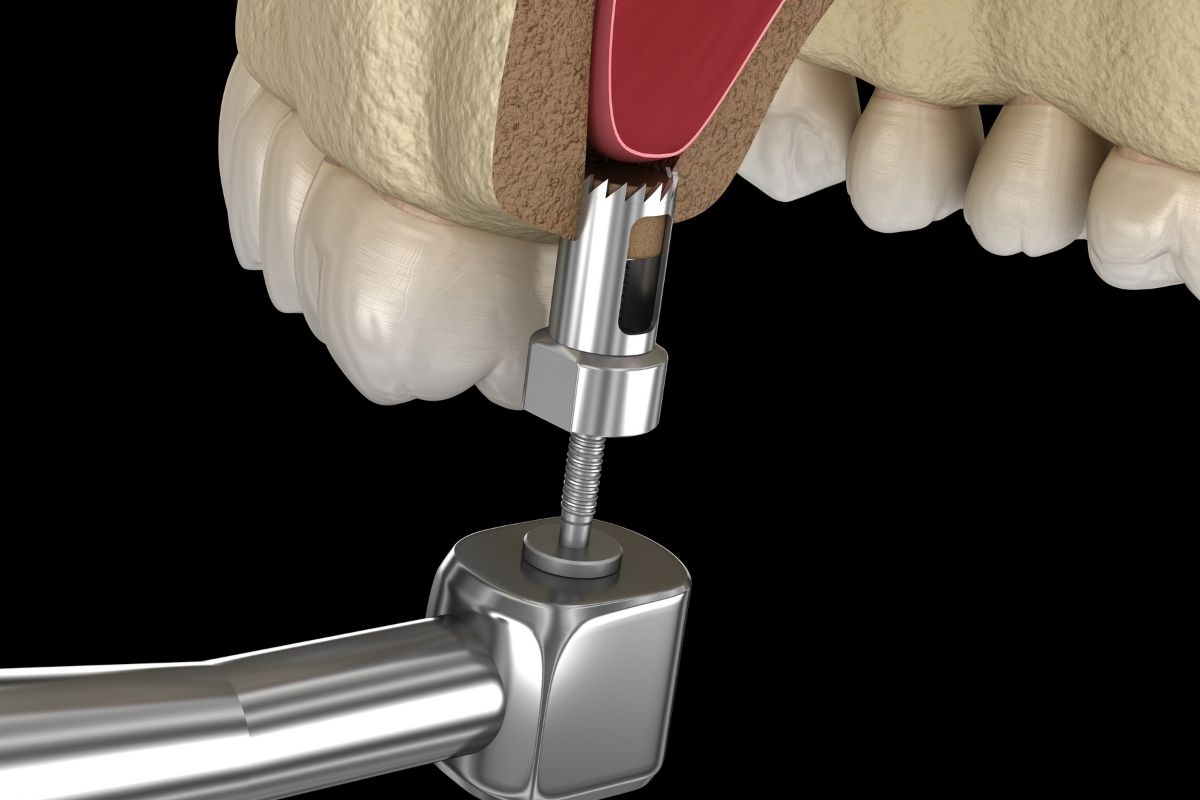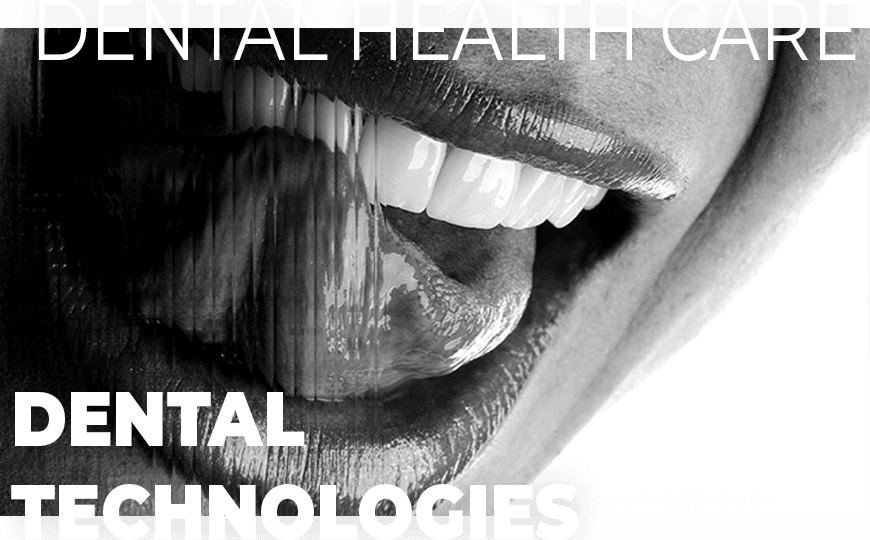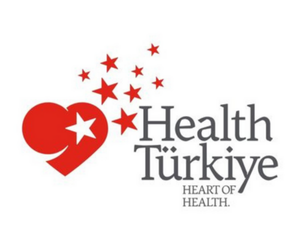
Blogs
Sinus Lift After Care – What Should You Know?

Table of Contents
What to Expect After a Sinus Lift Surgery?
A sinus lift surgery at Helen Clinic – Antalya is a crucial step in preparing your upper jaw for dental implants by increasing bone volume. After the procedure, you may experience mild swelling, nasal congestion, and slight bleeding from the nose or mouth, which is completely normal in the first few days. Since the sinus membrane is lifted during the surgery, you might also feel a sense of pressure or fullness in your upper jaw and cheek area. Pain is typically manageable with prescribed medications, and most discomfort subsides within a week. To protect the surgical site, it’s important to avoid blowing your nose, sneezing forcefully, or using straws, as these actions can put pressure on the sinus cavity. With proper aftercare, your recovery should be smooth, allowing your jawbone to heal properly before the next stage of your implant treatment.
Essential Aftercare Tips for a Smooth Recovery
Proper aftercare is key to ensuring a successful recovery after a sinus lift surgery at Helen Clinic – Antalya. Following these tips will help minimize discomfort and reduce the risk of complications:
- Avoid Blowing Your Nose or Sneezing Forcefully: This can put pressure on the sinus membrane and interfere with healing. If you need to sneeze, do so with your mouth open.
- Take Prescribed Medications: Pain relievers and antibiotics should be taken exactly as directed to manage discomfort and prevent infection.
- Use a Cold Compress: Applying an ice pack to the cheek area in 10-minute intervals during the first 24 hours can help reduce swelling.
- Sleep with Your Head Elevated: Keeping your head slightly raised while sleeping prevents excessive swelling and promotes drainage.
- Stick to Soft Foods: Avoid hard or chewy foods that could put strain on your upper jaw.
- Avoid Smoking and Alcohol: Both can delay healing and increase the risk of infection.
By following these aftercare tips, you’ll support faster healing and ensure your sinus lift procedure is a success. Next, let’s discuss how to manage swelling and pain after sinus lift surgery.
How to Manage Swelling and Pain After a Sinus Lift?
Swelling and mild pain are common after a sinus lift surgery, but they can be managed effectively with the right approach. At Helen Clinic – Antalya, we recommend the following steps to ensure a comfortable recovery:
- Use a Cold Compress: Apply an ice pack to your cheek in 10-minute intervals during the first 24-48 hours to minimize swelling.
- Take Prescribed Pain Relievers: Follow your dentist’s instructions for any pain medication to control discomfort.
- Sleep with Your Head Elevated: Keeping your head slightly raised with an extra pillow will help reduce swelling overnight.
- Avoid Blowing Your Nose or Sneezing Forcefully: This prevents pressure buildup in the sinuses, which could disrupt healing.
- Drink Plenty of Water: Staying hydrated supports tissue recovery and reduces inflammation.
- Limit Physical Activity: Avoid intense exercise for at least one week to prevent increased swelling or bleeding.
These steps will help you recover faster and more comfortably. Next, let’s look at which foods to eat and avoid after a sinus lift procedure to support healing.
Foods to Eat and Avoid After a Sinus Lift Procedure
Your diet plays a crucial role in promoting healing and preventing complications after a sinus lift surgery at Helen Clinic – Antalya. Choosing the right foods will help you recover faster while avoiding unnecessary strain on your upper jaw.
✅ Best Foods to Eat:
- Soft foods like mashed potatoes, scrambled eggs, and yogurt are easy to chew and gentle on the healing site.
- Blended soups and broths provide essential nutrients without requiring heavy chewing.
- Smoothies and protein shakes help keep you nourished while avoiding hard foods.
- Cooked vegetables and soft fruits (bananas, avocados, applesauce) support recovery.
- Dairy products like soft cheese, milk, and Greek yogurt aid in tissue healing.
❌ Foods to Avoid:
- Hard or crunchy foods (nuts, chips, raw vegetables) can put pressure on the upper jaw.
- Spicy and acidic foods (citrus fruits, hot peppers) may irritate the healing tissues.
- Sticky foods (chewing gum, caramel) can create suction, which is risky for the sinus membrane.
- Hot foods and beverages can increase swelling—let them cool before consuming.
- Using straws should be avoided, as the suction may disturb the healing area.
Following this soft and nutritious diet will help speed up recovery and reduce discomfort. Next, let’s discuss how long it takes to heal after a sinus lift procedure and what to expect during the healing process.
How Long Does It Take to Heal After a Sinus Lift?
The healing process after a sinus lift surgery varies, but most patients at Helen Clinic – Antalya experience initial recovery within 10-14 days, while full healing can take 4 to 6 months. This timeline allows the new bone to integrate and strengthen, preparing your upper jaw for dental implants.
- First 24-48 hours: You may experience swelling, mild bleeding, and nasal congestion, which should gradually subside.
- First 1-2 weeks: The soft tissue heals, and symptoms like tenderness and discomfort lessen. It’s essential to follow your aftercare instructions during this period.
- 4 to 6 months: Complete bone integration (osseointegration) occurs, ensuring a stable foundation for dental implants.
Attending follow-up appointments is crucial to monitor your healing progress and address any concerns. Proper aftercare, including maintaining oral hygiene and avoiding excessive sinus pressure, will help ensure a smooth and successful recovery. Next, let’s explore the best oral hygiene practices after sinus lift surgery to protect your surgical site.
Oral Hygiene After a Sinus Lift: Best Practices
Maintaining proper oral hygiene after a sinus lift surgery at Helen Clinic – Antalya is essential to prevent infection and ensure smooth healing. However, it’s important to clean your mouth gently to avoid disturbing the surgical site. Here are the best practices to follow:
- Avoid Brushing the Surgical Area for the First 24 Hours: After the initial healing phase, use a soft-bristled toothbrush and brush gently around the area.
- Use a Saline or Antibacterial Rinse: Instead of rinsing forcefully, gently swish with warm saltwater or a prescribed antibacterial mouthwash to reduce bacteria and promote healing.
- Floss Carefully: Avoid flossing near the surgical site for the first few days to prevent irritation.
- Do Not Use Mouthwash Containing Alcohol: Alcohol-based mouthwashes can dry out the tissues and slow down healing.
- Stay Hydrated and Avoid Dry Mouth: Drink plenty of water and avoid smoking or alcohol, as they can contribute to dryness and increase infection risk.
- Skip Straws and Forceful Spitting: These actions can create pressure that may disrupt the healing sinus membrane.
By following these oral hygiene best practices, you’ll help protect the surgical site and ensure a successful recovery. Next, let’s discuss signs of complications and when to contact your dentist after a sinus lift procedure.
Signs of Complications: When to Contact Your Dentist?
While most sinus lift surgeries heal without issues, it’s important to recognize potential complications early. At Helen Clinic – Antalya, we recommend reaching out to your dentist if you experience any of the following symptoms:
- Persistent or Worsening Pain: Mild discomfort is normal, but if pain increases after a few days instead of improving, it could signal an infection.
- Excessive Bleeding or Swelling: Some bleeding and swelling are expected, but if they persist beyond 3-5 days, further evaluation is needed.
- Fever or Chills: A fever may indicate an infection and should be addressed immediately.
- Unusual Nasal Discharge or Pus: If you notice yellow or green discharge from your nose or mouth, it could be a sign of an infection.
- Sinus Pressure or Difficulty Breathing: While slight congestion is normal, excessive pressure or nasal blockage could indicate sinus complications.
- Feeling of Loose Bone Particles: If you feel small bone fragments in your mouth, it may require professional attention.
- Implant Site Opening or Persistent Bad Taste: If the surgical area reopens or you notice a prolonged bad taste in your mouth, it could indicate poor healing.
If you experience any of these symptoms, contact Helen Clinic immediately to prevent further complications. Early intervention can ensure a smooth and successful recovery.
The Do’s and Don’ts After a Sinus Lift Surgery
Following the right aftercare routine is essential for a smooth and successful recovery after a sinus lift surgery at Helen Clinic – Antalya. Here are the key do’s and don’ts to follow:
✅ Do’s:
- Take prescribed medications as directed to manage pain and prevent infection.
- Use a saline spray or prescribed rinse to keep your nasal passages clear without forceful blowing.
- Apply a cold compress in the first 24 hours to reduce swelling.
- Sleep with your head elevated for the first few nights to prevent excessive swelling.
- Stick to soft foods like yogurt, soups, and mashed potatoes to avoid putting pressure on the surgical area.
- Stay hydrated to aid healing and prevent dry mouth.
❌ Don’ts:
- Don’t blow your nose or sneeze forcefully for at least 2 weeks, as this can dislodge the sinus membrane.
- Avoid using straws or spitting forcefully, as this can create pressure in the sinus cavity.
- Don’t smoke or drink alcohol, as they slow healing and increase the risk of infection.
- Avoid hard, crunchy, or sticky foods that may put pressure on your jaw.
- Don’t engage in strenuous activities like heavy lifting or intense exercise for at least a week.
- Don’t skip follow-up appointments, as your dentist will monitor your healing progress.
By following these do’s and don’ts, you can ensure a fast and complication-free recovery. Next, let’s discuss whether it’s safe to smoke or drink alcohol after a sinus lift surgery and its potential effects on healing.
Can I Smoke or Drink Alcohol After a Sinus Lift?
Smoking and alcohol consumption can significantly slow down healing and increase the risk of complications after a sinus lift surgery at Helen Clinic – Antalya. For the best results, it’s highly recommended to avoid both for at least 2 weeks, though quitting permanently would be ideal for long-term oral health.
- 🚭 Smoking Risks:
- Reduces blood flow to the surgical area, slowing healing.
- Increases the risk of infection and sinus complications.
- Weakens bone integration, affecting the success of future dental implants.
- Can cause excessive sneezing or coughing, which puts pressure on the sinus membrane.
- 🍷 Alcohol Risks:
- Can interfere with pain medications and antibiotics.
- Dehydrates the body, leading to dry mouth and slower tissue healing.
- Increases swelling and irritation in the surgical area.
For a faster and complication-free recovery, avoiding smoking and alcohol is one of the best decisions you can make. Next, let’s explore how to protect and maintain your sinus lift results for long-term success.
How to Protect and Maintain Your Sinus Lift Results?
A sinus lift surgery is an essential step in preparing your upper jaw for dental implants, and taking proper care of the surgical site will ensure long-term success. At Helen Clinic – Antalya, we recommend the following steps to protect and maintain your sinus lift results:
- Follow Your Dentist’s Instructions: Take all prescribed medications and attend follow-up appointments to monitor healing progress.
- Avoid Excessive Sinus Pressure: Refrain from blowing your nose, sneezing forcefully, or using straws to prevent disrupting the sinus membrane.
- Practice Good Oral Hygiene: Gently brush your teeth, use a non-alcoholic mouthwash, and rinse with warm salt water to keep bacteria at bay.
- Maintain a Healthy Diet: Eat calcium and protein-rich foods to support bone regeneration and overall oral health.
- Quit Smoking and Limit Alcohol: Smoking can weaken bone integration, while alcohol can slow healing and increase infection risks.
- Protect Your Sinuses from Infections: If you develop a cold or allergies, consult your dentist to ensure safe sinus care during recovery.
- Avoid Heavy Physical Activity: Strenuous exercises can increase blood pressure in the sinus area, slowing down healing.
By following these simple but crucial habits, you’ll ensure that your sinus lift results remain strong, setting the foundation for successful dental implant placement. If you have any concerns during your healing process, the expert team at Helen Clinic – Antalya is always here to help! 😊



